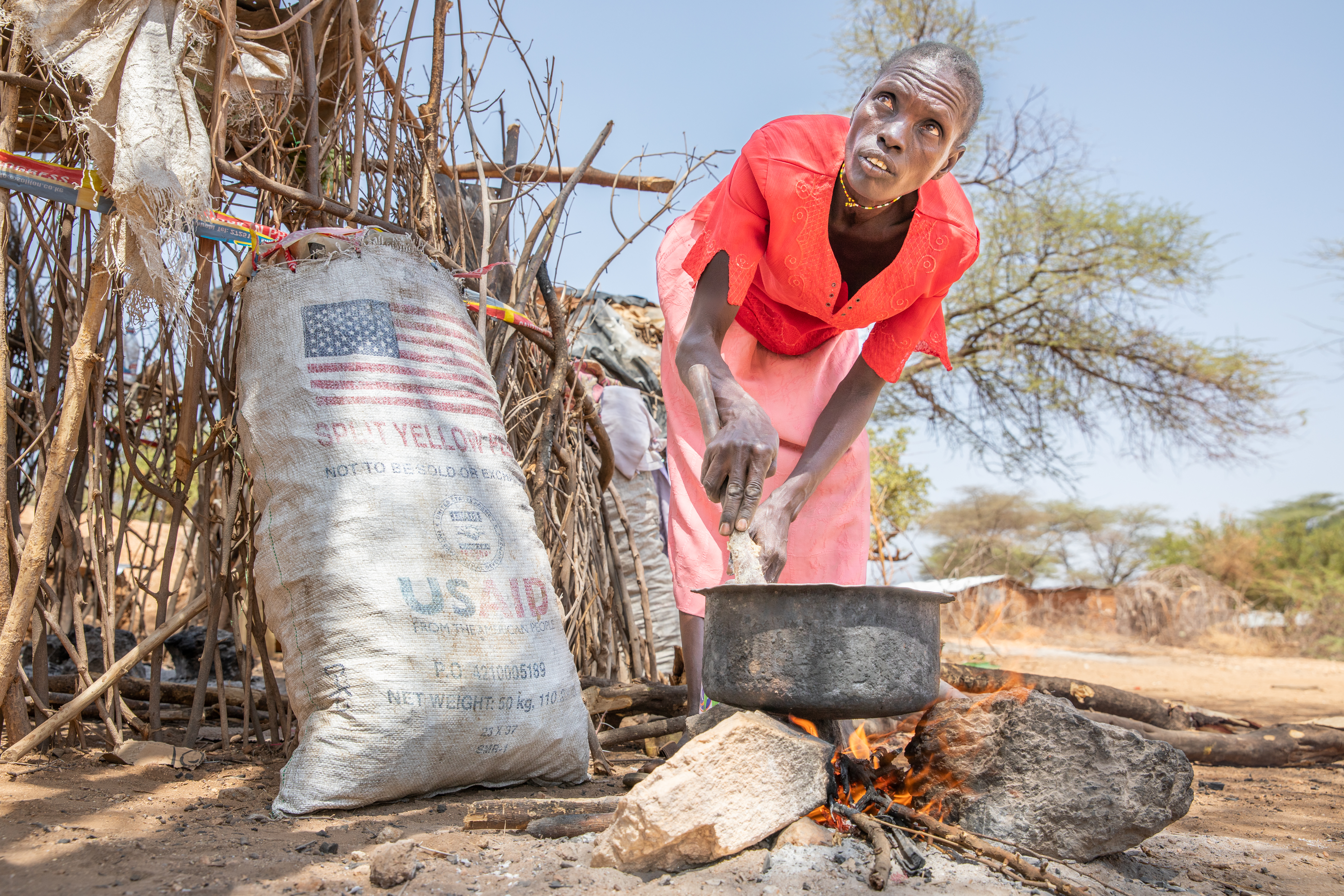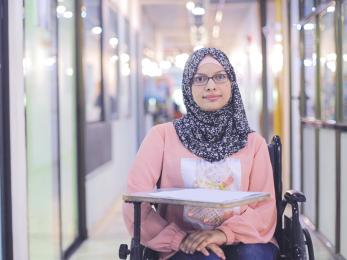Nourishing success in rural communities

During my recent trip to Kyrgyzstan, where Mercy Corps is helping families fight food insecurity, I could not help but reflect on the early days of the organization, specifically, its first development project.
The project involved collecting clothing from people in Portland, Ore. and sending it to needy communities in Honduras. There, instead of giving it away, Mercy Corps sold the clothing and used the proceeds to make loans to people so they could build a house or plant a crop.
I vividly remember visiting one of those villages, where Mercy Corps had given ten loans for home construction. There was a chart posted on the wall of a central building listing all the loan recipients and their schedule of payments. It was available for all to see because borrower number eleven couldn't get a loan until loan number one was repaid — community attention assured full repayment.
Ever since those early days, microfinance has been an integral part of Mercy Corps’ work helping people around the world improve their lives, and it’s one of the key ways they’re helping families in Kyrgyzstan build resilience to the food insecurity they face.
Mercy Corps’ microfinance program there, Kompanion Financial Group, has grown into an independent, self-sustaining company and the largest financial institution in the country.
Kompanion calls itself a "community development financial institution." Why? Because it does much more than just give loans. Their staff agronomists and veterinarians also provide technical training so borrowers in the agricultural sector have all the tools they need to grow their businesses and build better lives.
While in Kyrgyzstan I had the chance to speak to several farmers who had received Kompanion loans and technical assistance. The support helped them improve crop yields, storage capability, crop quality and marketing — all of which helped increase their income and build food security for their families.
One farmer outside of Balykchy, on the shores of Lake Issyk Kul, left his life as a shopkeeper to fulfill his lifelong dream of farming, and he has engaged his whole family in the enterprise. He bought land with some apple trees, and with help from a Kompanion agronomist he has improved their fruit production, planted apricot trees and learned how to start seedlings, which he plans to turn into a separate nursery business.
Mercy Corps’ work in Kyrgyzstan also focuses on making sure children have the tools they need to live healthy, productive lives — and the success of Kyrgyz kids starts in the classroom.
I visited several schools Mercy Corps has helped through the Food for Education program, which provides grants for infrastructure improvements — windows, heating systems, toilets — and commodities to supplement school feeding programs. Meet the field staff who are leading this effort ▸
Because Kyrgyzstan is mountainous and has cold winters, fruits and vegetables are not part of the traditional diet and children often don’t get all the nutrients they need.

That’s why Mercy Corps helps schools provide two nutritious meals and a substantial snack every school day, in turn fostering healthier children, enhancing the learning environment and making the educational experience richer and more productive.
Over the past 20 years, Mercy Corps has assisted 80 percent of the country’s schools.
Even more importantly, the Food for Education program puts great emphasis on training school cooks, teachers and parents in nutrition so that they can continue good nutritional practices long into the future.
Mercy Corps’ programs like Kompanion and Food for Education demonstrate daily that even a small amount of empowerment — a microloan or a nutritious breakfast — can have a transformative effect for the poor. As they say: Mighty oaks from little acorns grow.
From Honduras to Kyrgyzstan and throughout the world, Mercy Corps’ initiatives are enabling people to lift themselves out poverty and build communities that will thrive even after Mercy Corps is gone.


